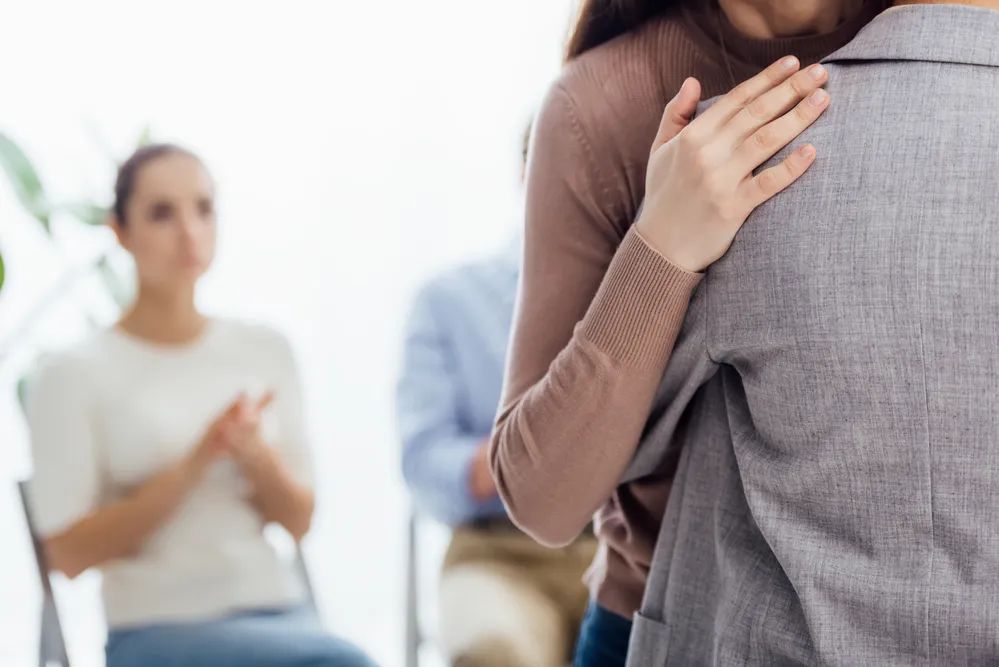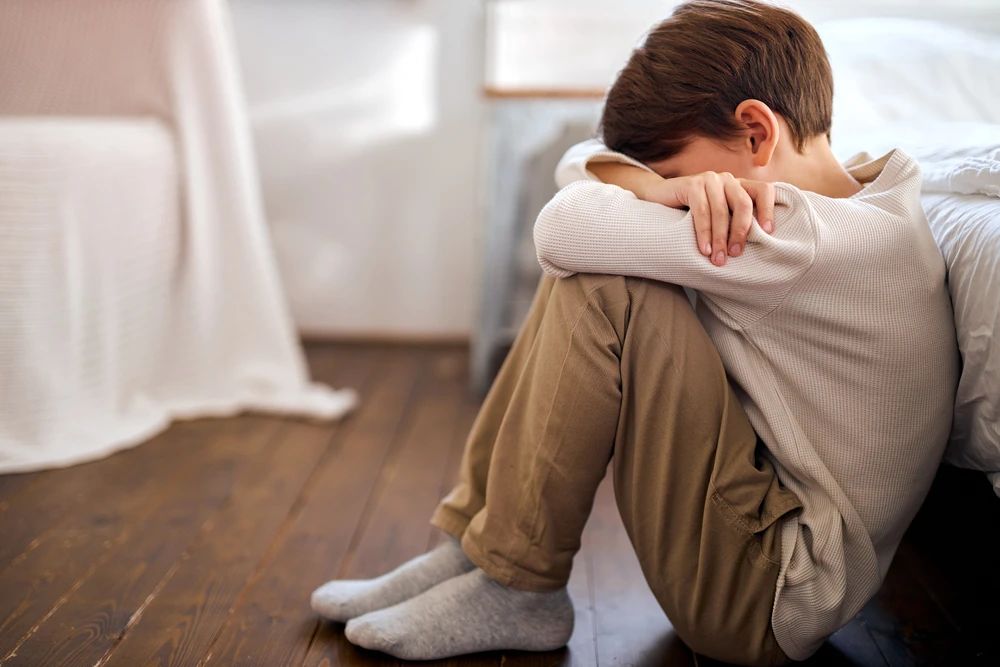With mental health increasingly being addressed worldwide, it's important to frame anxiety disorders and their treatments correctly.
When is anxiety a problem?
Anxiety becomes a problem when it crosses from being an occasional emotion that someone feels to become a likely anxiety disorder. The intensity of symptoms as well as an individual's ability to cope determine the difference between daily stresses or temporary anxiety from anxiety disorders.
What are the symptoms of
anxiety disorders?
Often, there is a mix of symptoms in those suffering from an anxiety disorder, and they can show up as young as childhood and continue long into adulthood if left untreated.
Symptoms of anxiety disorders vary and include:
Frequently or constantly feeling restless, irritable or tense;
Getting tired easily and having difficulty concentrating or feeling forgetful;
Having difficulty getting to sleep or staying asleep;
Having fears or worries you know are irrational but are pervasive and interfere with your daily life;
Avoiding situations, places or activities because they cause anxiety for you.
How can I manage anxiety?
People who go through anxiety disorders can sometimes feel alone. They may be unwilling to speak about their issues for fear of judgement from others. The stigma associated with anxiety disorders, and the social isolation resulting from COVID-19 restrictions, have caused reduced opportunities for those suffering to speak up.
The first step lies in realising you need help. There is the self-help route, and there is the professional help route. The path you choose is up to you, and you can even choose a combination of the two routes.
Peer support: Loneliness and isolation can trigger or worsen anxiety. Meet up with friends, join a self-help or support group, or share your worries and concerns with someone you trust, and you might find your problems less overwhelming.
Stress management: If you feel you are juggling more than you can manage, look at your responsibilities and determine which you can give up, turn down, or delegate to others for your own mental well-being.
Regular exercise: Exercise in almost any form can act as a stress reliever. Being active can boost your feel-good endorphins and has stress-busting benefits, including improved sleep, self-confidence, and shedding daily tensions. You can even practise walking meditation.
Get enough sleep: A lack of sleep can exacerbate anxious thoughts and feelings, so try to get 7 – 9 hours of quality sleep a night. Keep a daily schedule for bedtime and waking up, including on the weekends.
Professional help for anxiety
Psychotherapy: Psychologists may use cognitive behavioural therapy (CBT) tools to teach people how to challenge distorted or unhelpful thoughts and retrain their brains on the interactions between their thoughts, feelings and actions. On the other hand, exposure therapy trains people to break the pattern of fear and avoidance by gradually exposing a person to uncomfortable scenarios or things under the guidance of a trusted person or therapist.
Medication: Benzodiazepines are short-acting and can be taken as needed when anxiety spikes. Some antidepressants, such as selective serotonin reuptake inhibitors (SSRIs), can help relieve anxiety when taken regularly.
Article reviewed by Dr. Helen Wang,Psychiatrist of Parkway.































